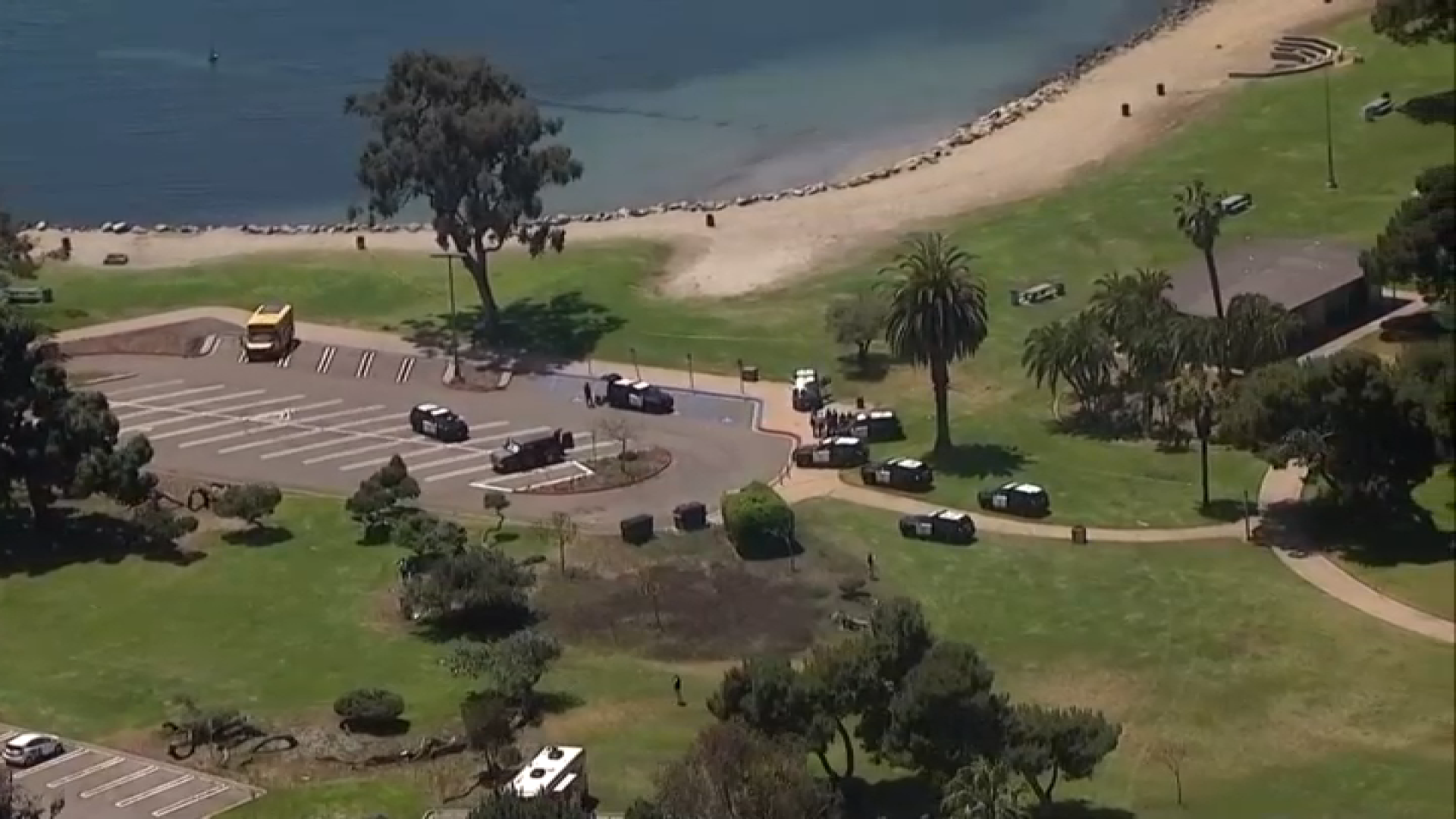After hours of discussion, the board voted to delay the implementation of a new state law that has changed the rules for conservatorships. NBC 7’s Political Reporter Priya Sridhar explains from the County Administration building.
The San Diego County Board of Supervisors voted 3-2 on Tuesday to delay the implementation of SB43, a new state law that has changed the conservatorship rules in California.
The state of California gave counties a two-year window to implement the law, which proponents believe will help address the urgent addiction and mental-health crises in the homeless population.
Stream San Diego News for free, 24/7, wherever you are with NBC 7.
SB43 has expanded who is eligible for conservatorships to include people who have substance abuse disorders. Previously, people could be eligible for involuntary treatment only if they were a harm to themselves or others, or if they were unable to provide food or shelter for themselves. Now, people who are unable to get the necessary medical care they need are also eligible to be placed in 72-hour psychiatric holds. Law enforcement officers would take people to emergency rooms where they would be held for 72 hours, at which point a clinician would do an assessment to determine if that person should be placed into a longer psychiatric hold or if they should be placed in a long-term conservatorship, a decision ultimately determined by a judge at the recommendation of a clinician.
Dr. Luke Bergmann, the head of San Diego County's Behavioral Health Services department, said SB43 comes with no new resources for hospitals, substance use treatment providers or county-run public conservators offices.
Get top local San Diego stories delivered to you every morning with our News Headlines newsletter.
"It doesn’t establish clinical assessment criteria that incline clinicians to extend holds, and it doesn’t do anything to create the operational tools that will actually get people with substance-use disorders from emergency departments into ongoing addiction treatment," Bergmann said.
The physician estimated that there are 10 times as many people who have substance-use disorders as people who are diagnosed with mental illness. San Diego County Board of Supervisors chair Nora Vargas proposed the resolution to delay implementation of SB43 by one year, to Jan, 1, 2025, after several medical professionals in the region appealed to the board asking for an extension. They said their hospitals' emergency department's are already at capacity and cannot handle a sudden influx of new patients, which they anticipate will happen as a result of SB43.
Others, including representatives from San Diego's Police Department, San Diego Fire Rescue and the office of Mayor Todd Gloria, made public comments urging the board to vote against Vargas' resolution and urged for an immediate implementation of the new law.
Local
Supervisors Terra Lawson-Remer and Joel Anderson voting against the delay.
“I joined the board of supervisors to move our region past decades of stagnant, status quo policymaking, and for the better part of three years we have successfully done it with the actions we took in response to COVID-19, natural disasters and wildfires, and being one of the first in the state to implement Care Court — but today felt like we took a step backward," Lawson-Remer said. " We can and must do better and act with urgency to meet this crisis."
Lawson-Remer asked the board to consider amending the resolution to specify that the implementation must be done "no later than" Jan. 1, 2025, but Vargas rejected that amendment.
The resolution calls for a working group of stakeholders to come before the board in a March meeting to report about its plans for implementation and what it needs to do to prepare.



